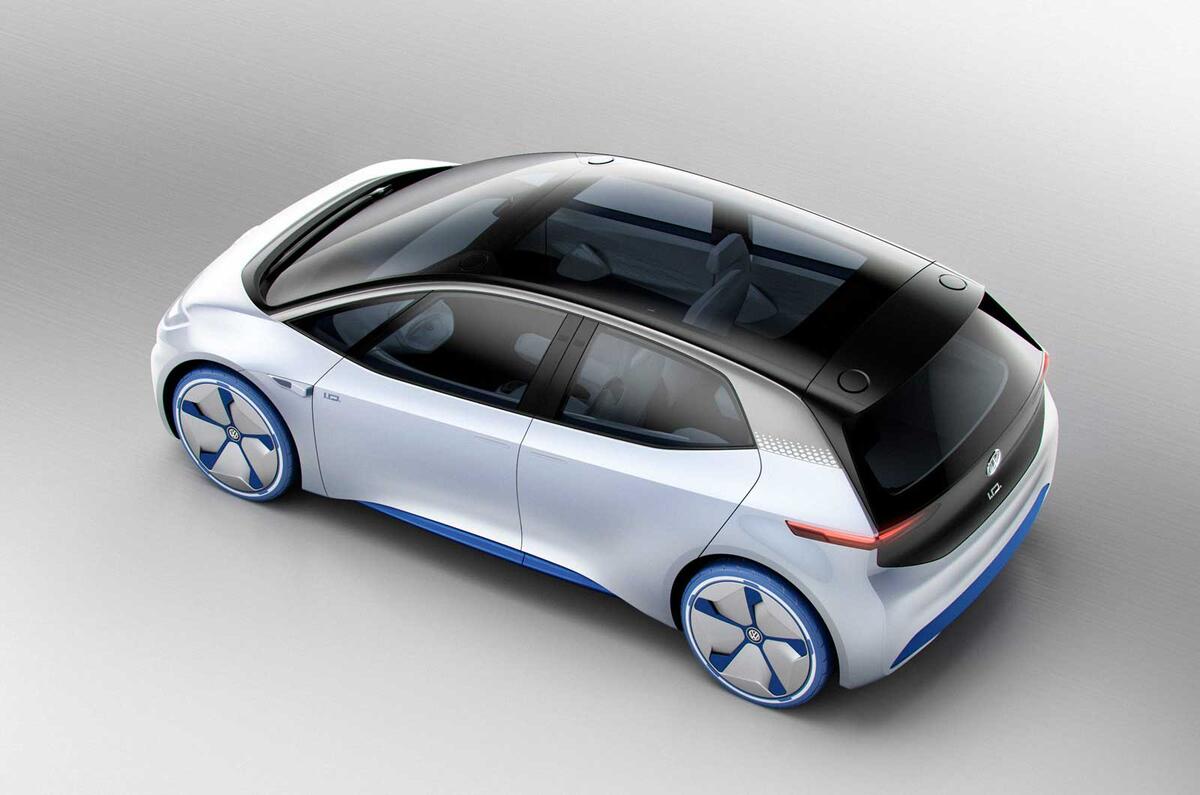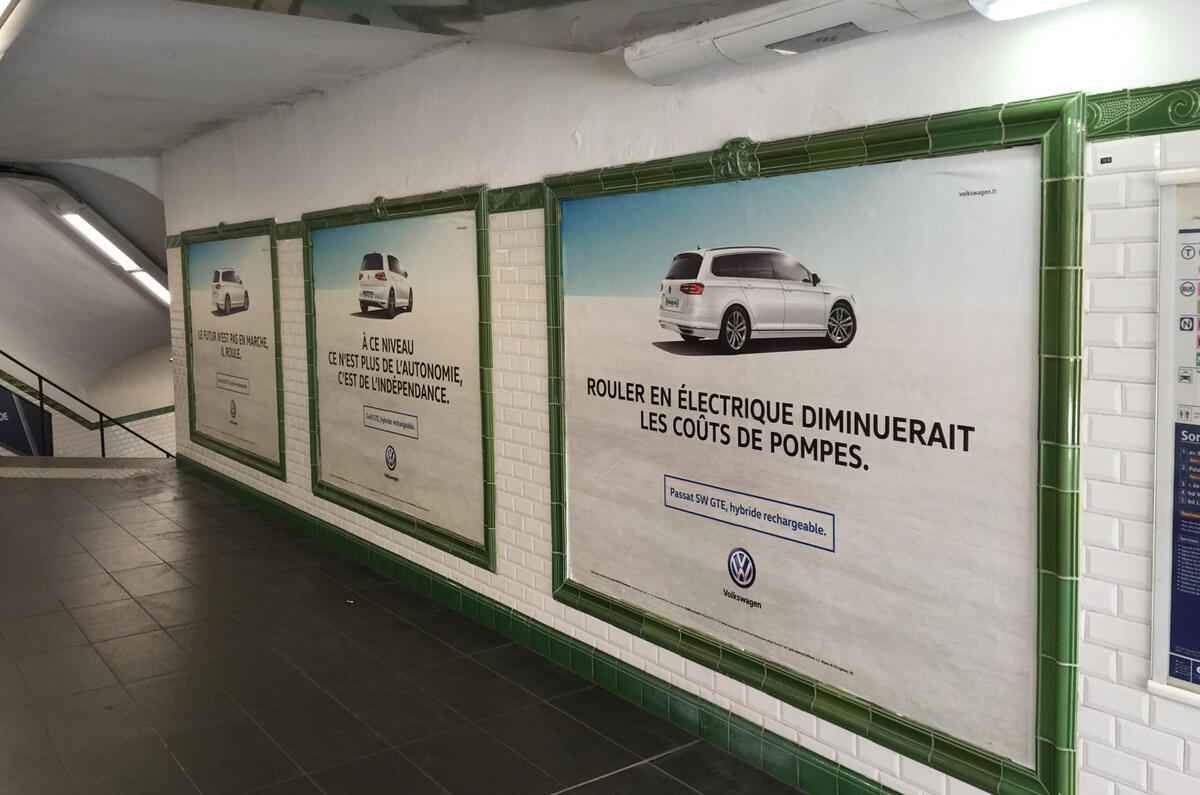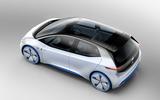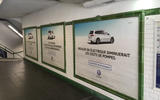Back in 2009, I had the opportunity to drive a Nissan Leaf prototype at the brand’s technical facility in Cranfield, before attending the initial launch in 2010 in roundabout central, Milton Keynes.
It was the beginning of the electric vehicle revolution, everyone said. Fast forward six years and that step-change hasn’t taken off at the speed that some would have hoped.
Read our electric car group test here
Instead, it’s been incremental, with the gradual introduction of EVs from manufacturers who have presumably been gauging the pioneers' success, while busily trying to create the architecture and engineering solutions to make their own EVs viable.
Some EV launches have had more of a pronounced impact on EV image than others - namely Tesla and BMW’s i brand. Still, even BMW’s sales have been slow off the mark - although the company claims the new BMW i3 with extended range took double the amount of orders the original i3 did in the first couple of months.
EV sales have started to pick up, with a 9.2% increase in the year to date in the UK compared with the same period last year. That equates to 6634 cars. When you think that’s only 336 units in August and then you compare it with the overall number of new cars registered so far in 2016 of 1,680,799, it’s fairly menial.
But now the Paris motor show is here (almost) and it feels like the real era of EVs might just be beginning. The Renault Zoe is set to be given an increased range of a claimed 249 miles, thanks to a bigger, 41kWh battery, and Mercedes is due to reveal an electric SUV concept at the show too.
Read about this year's Paris motor show here
The Volkswagen ID, the brand's first dedicated electric vehicle, will be there as a family-sized hatchback with up to 373 miles of range. And VW is taking its launch very seriously. At the Portes de Versailles metro station - the nearest to the show - it has taken over all the ad hoardings, and every single one is for its electric and hybrid models.
Of course, VW needs to make some eco-friendly inroads following Dieselgate, but that aside, a wholly electric car from the German company signals, to me, mainstream acceptance of EVs as a real possibility for the majority of motorists.
Volkswagen is late to the game, but it has arrived at the perfect time - when the battery technology has developed from the early days to allow for more range, which was the limiting factor (along with price) that put most people off in the first place.
It finally feels like the revolution is around the corner.
Keep up with all the latest Paris motor show news, with all the latest reveals and details here







Join the debate
Add your comment
Not revolutionary